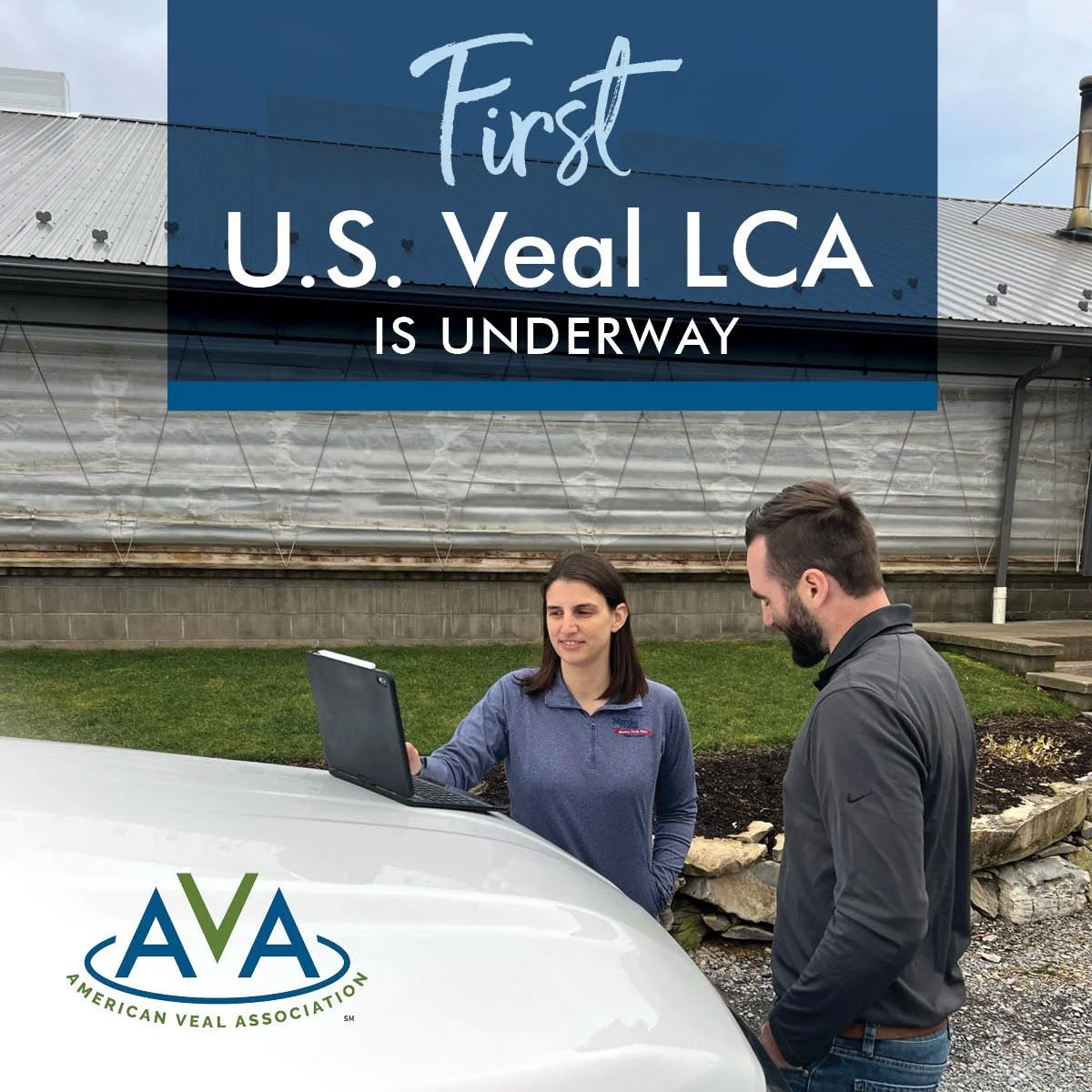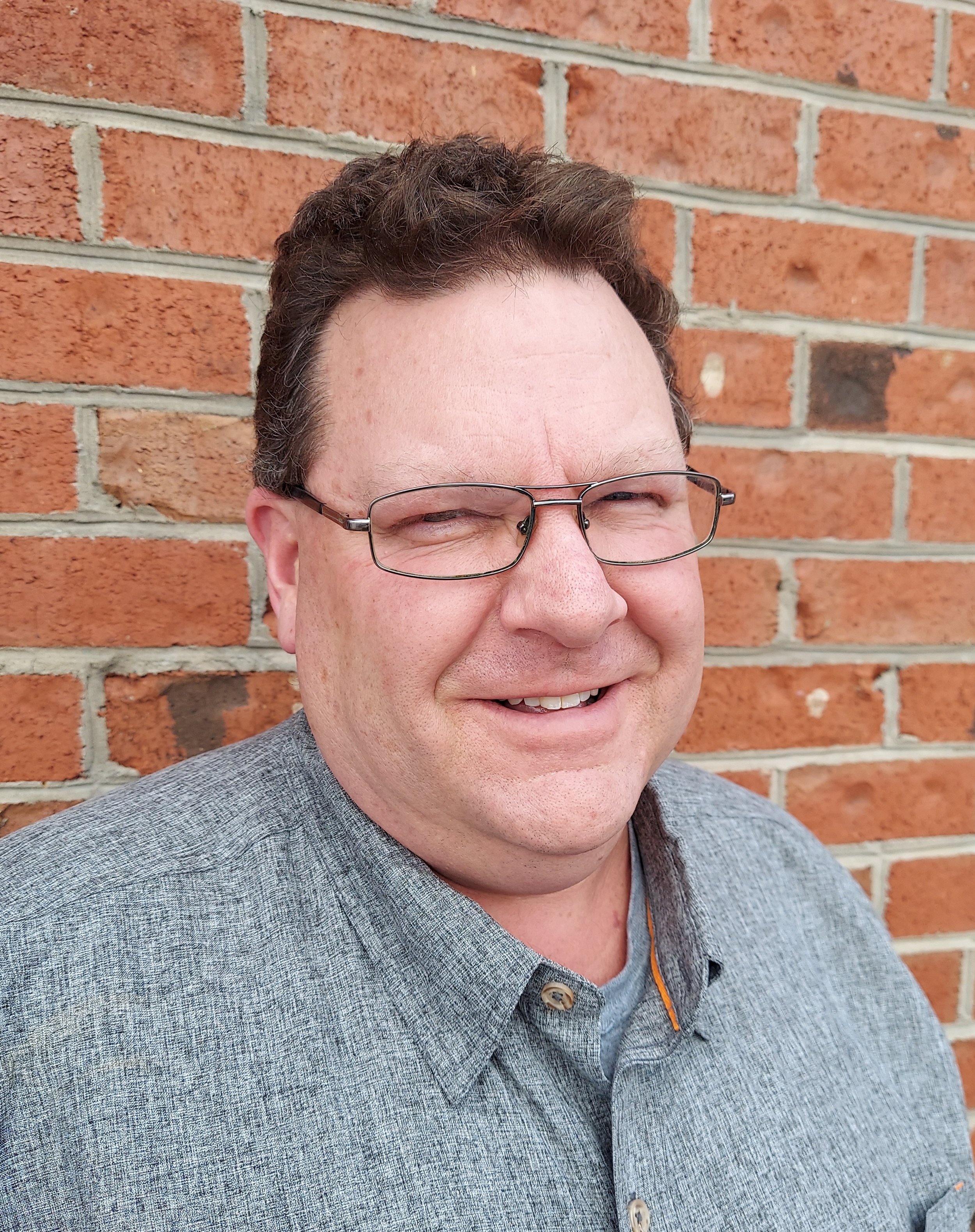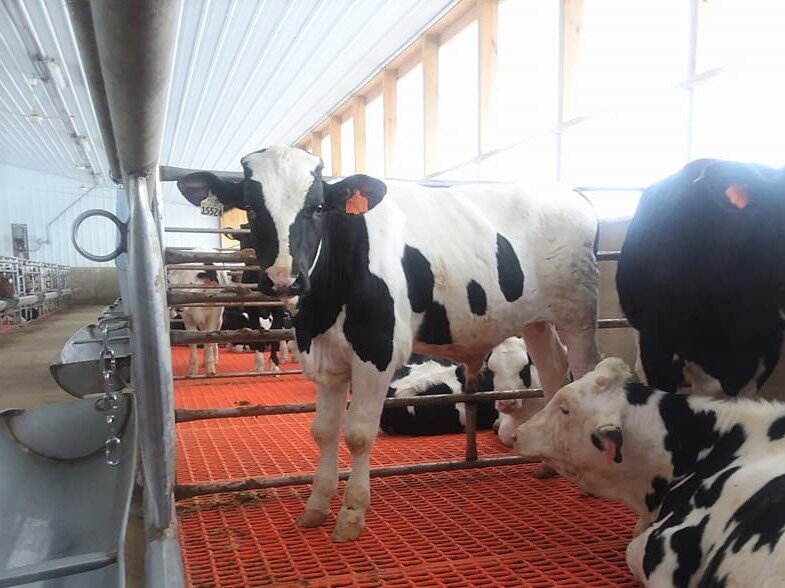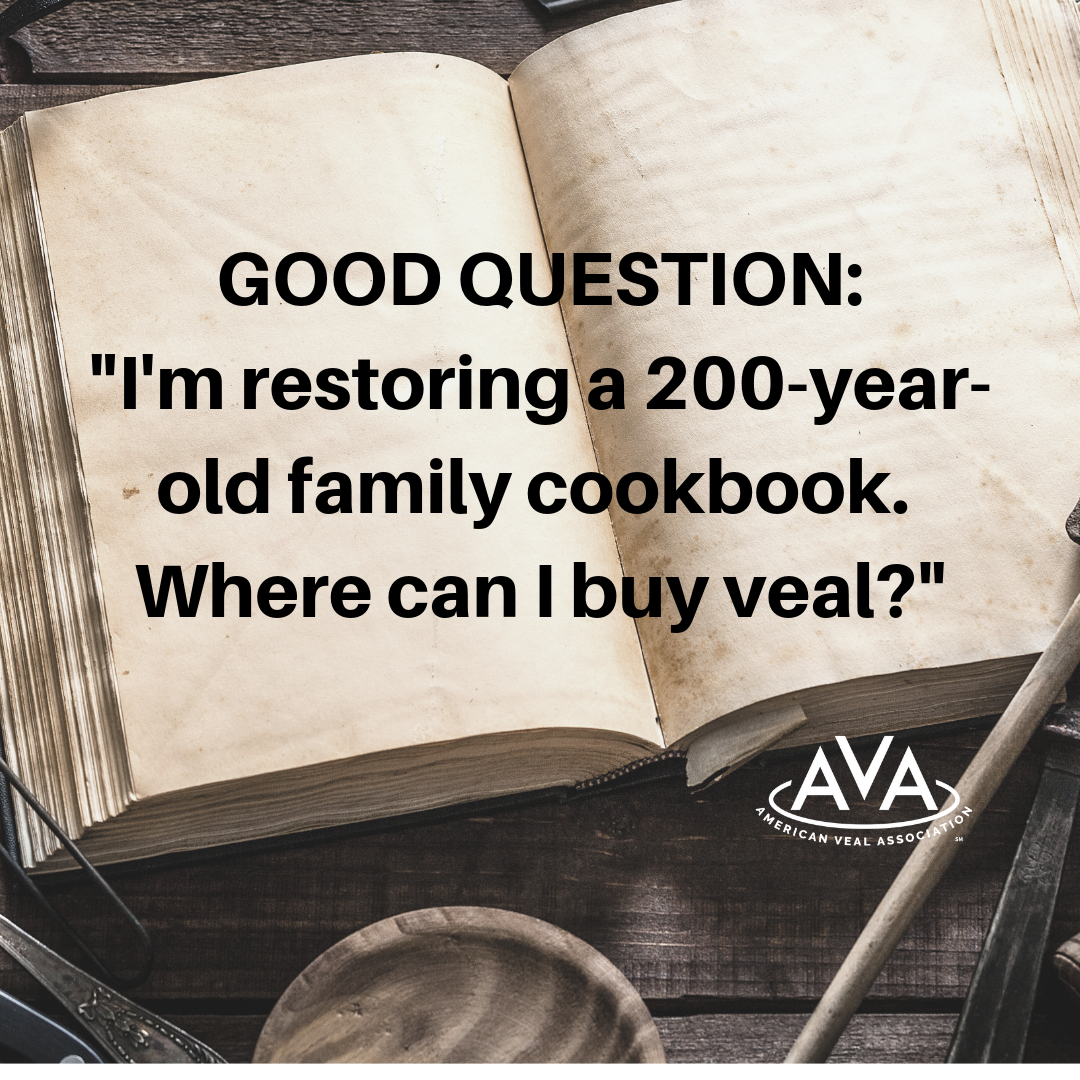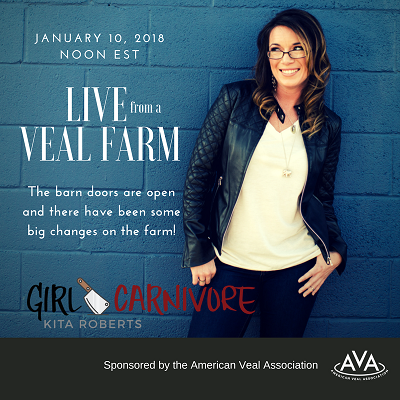The American Veal Association is celebrating the 10-year anniversary of its Statement of Principles, a document that established ethical standards and a code of conduct for the veal industry and set the stage for a decade of continuous improvement in an ever-changing animal agriculture landscape.
“These principles are the foundation of what we care about as an industry and are especially important today as the pandemic has raised questions about how food is produced and processed,” said Dale Bakke, president of the American Veal Association.
“Veal farmers understand that consumers, retailers, restaurants and policymakers have many questions and high expectations for animal care and stewardship,” said Bakke. “These principles demonstrate that our industry is not only committed to providing the best care for veal calves, but to producing safe, nutritious food, protecting the environment, providing quality work environments and supporting our communities.”
Leaders in all segments of the industry – veal farmers, feed companies, meat processors and marketers – came together in 2010 to outline their core values. The organization unanimously approved five core principles:
Food Safety: Producing safe and nutritious food is our first responsibility.
Animal Care: We have an ethical obligation to provide appropriate care for our animals at every stage of life.
Environment: We have an obligation to protect the air, land and water on which we all depend.
Employees: We have an ethical responsibility to provide a safe, healthy and rewarding work environment for our employees.
Community: We have a duty to promote a quality way of life in the communities where we live and work.
For the past 10 years, the AVA has demonstrated that their convictions are more than words on paper.
“We know that most people have a sincere desire to know more about how their food is produced,” Bakke said. “We welcome that interest and know that our values and commitment as articulated in the AVA’s Statement of Principles will guide our actions well into the next decade.”
The veal industry has made great strides in each of the five areas, said Bakke.
Food Safety
This commitment to food safety has a proven track record through the U.S. National Residue Program (NRP) for Meat, Poultry, and Egg Products, which is administered by the U.S. Department of Agriculture’s (USDA), Food Safety and Inspection Service (FSIS) and identifies contaminants in meat, poultry and egg products. The veal industry has had zero detected contaminants the last two years and just one positive result for each of the three years previously. According to Bakke, the AVA and its members helped serve as a model for the food safety testing program.
The Veal Quality Assurance (VQA) program has been a key element of AVA’s success story. VQA is a certification program funded by the Beef Checkoff and available to all formula-fed veal growers. The science-based best management practices and resources ensure that veal calves receive quality care through every stage of life and are raised using production standards that result in a safe, wholesome, high quality meat that meets regulatory and customer expectations.
“All members of AVA are VQA certified,” said Bakke, “demonstrating that they understand and apply best management practices in all stages of veal production.”
Animal Care
Veal producers have worked diligently to understand and meet the needs of veal calves. Producers invested more than $150 million to transition their barns to group housing systems. Group pens allow the calves to stand, stretch, lie down, groom themselves and socialize with other calves, which are pillars of the Five Freedoms of Animal Wellbeing – the internationally accepted standards of care that affirm every living being's right to humane treatment. At the close of 2017, the AVA announced that the historic, 10-year-mission to transition all veal housing to group pens had been achieved.
Environment
“The veal industry not only conserves and protects, we also upcycle by adding value to byproducts of other industries,” Bakke said.
Innovation has been integral to the veal sector since its beginning. Veal producers create high-quality protein from dairy bull calves, a previously underutilized segment of animal agriculture. In recent years, the veal industry has been at the forefront of utilizing whey solids, a byproduct of the cheese making process, as high-quality feed for calves. This innovation diverts the whey solids from being spread as fertilizer to instead produce nutritious food. The American Dairy Products Institute recently stated that one-third of the whey solids produced each year in the U.S. are not used for further processing.
Employees
The veal industry – including packers, processors, farmers and feed companies – is made up of family owned businesses. These businesses and individuals diligently work to meet or exceed all regulations that apply to each step in the process of producing veal from farm to market. Regulating agencies include USDA, Food and Drug Administration, Occupational Safety and Health Administration and Environmental Protection Agency.
Raising veal is a wonderful family business and it lends itself to helping young farmers get started in agriculture.
“With most crop and livestock farming, the economies of scale are so large, it’s quite a challenge for a young family,” Bakke said. “Veal gives them an opportunity to have the rewarding lifestyle of participating in agriculture.”
Community
Veal producers are expected to actively participate in activities that strengthen the community, to engage their neighbors and seek to leave the community and natural resources in a better condition for future generations. Members are also working to reach out to others who are not as familiar with how veal is produced.
“When people come to the farm, meet the farm families and see the barns and calves, they are left with a very positive view of veal,” said Bakke. “There is nothing better than visiting a veal farm to get your questions answered.”
Bakke is proud of the commitment and progress AVA members have demonstrated over the past decade, guided by core values and ethical principles that will continue to guide them for years to come.
To learn more about the AVA and Meet America’s Veal Farmers, visit www.AmericanVeal.com


